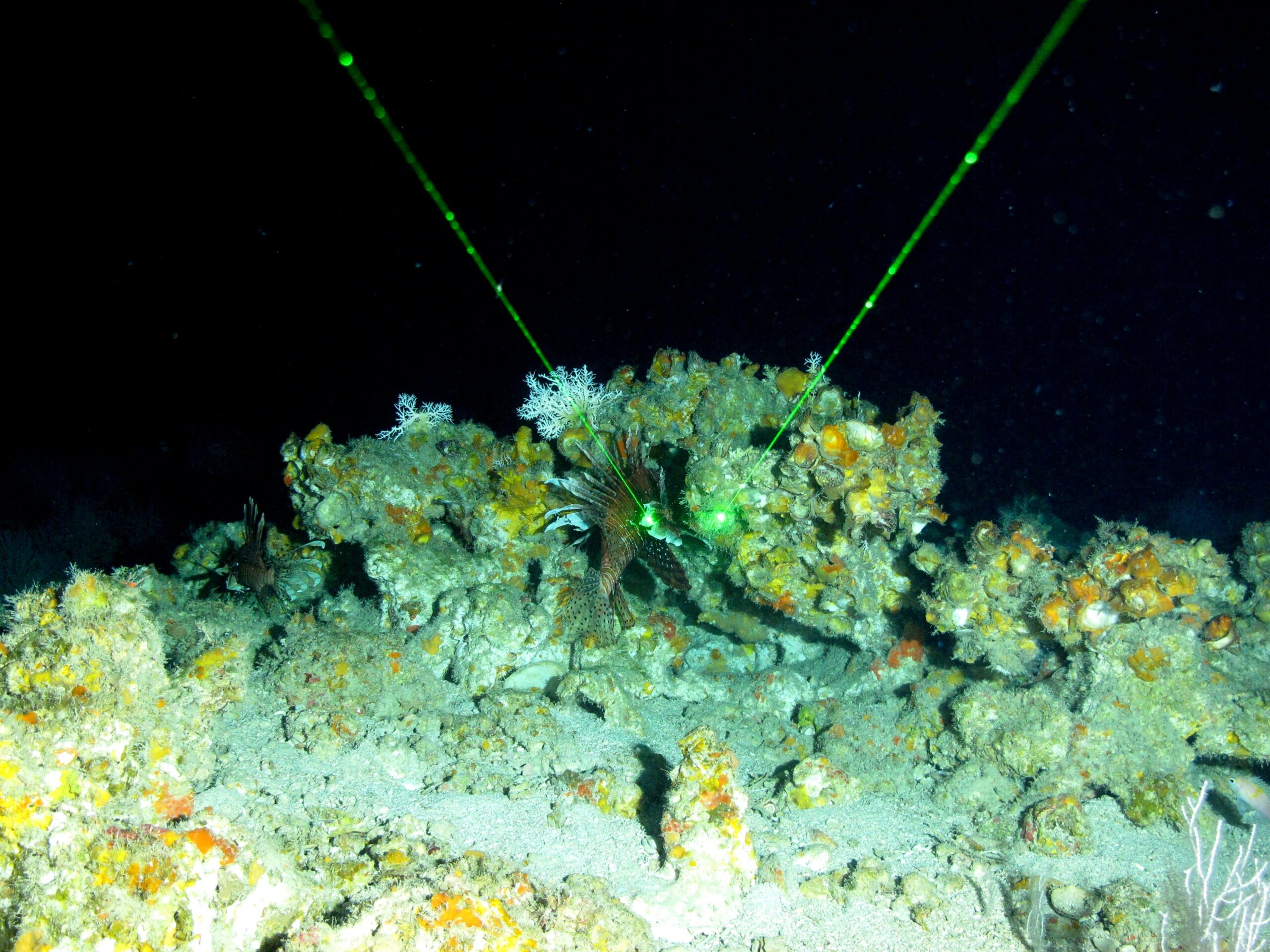Plymouth Marine Laboratory and University of Plymouth awarded £2m to revolutionise understanding of Atlantic Ocean ecosystems
Photo by NOAA
Plymouth Marine Laboratory and the University of Plymouth have been awarded £2 million to deploy artificial intelligence in creating the largest-ever study of vulnerable deep-sea habitats, with the project set to revolutionise understanding and protection of critical Atlantic Ocean ecosystems.
The Deep Vision project, led by Professor Kerry Howell of Plymouth Marine Laboratory, is one of fifteen global initiatives selected as Phase II awardees under the Bezos Earth Fund’s AI for Climate and Nature Grand Challenge, which announced $30 million in new investments on 23 October 2025.
Professor Howell emphasised the urgency of the work: “As the deep-sea becomes more accessible for exploitation, there is an urgent need to map its ecosystems to enable the conservation of biodiversity in this, the last wild frontier on Earth.”
The project will use AI to accelerate mapping of vulnerable marine ecosystems including cold-water coral reefs and sponge fields in the deep Atlantic. These habitats harbour black corals that may be over 4,000 years old, extensive sponge communities, and deep-sea reefs functioning as nurseries for sharks and other marine life.
Current data collection efforts focus predominantly on fish species rather than broader ecosystems, leaving significant knowledge gaps. Professor Howell explained: “Legislation requires states to protect VMEs where they are known or likely to occur. At present we only work with the known. It’s a huge oversight and extremely risky to limit conservation efforts to areas we have data on. The deep sea is so vast, and we haven’t looked everywhere.”
The project aims to create comprehensive, high-resolution models of deep-sea species distribution across the Atlantic, developing a “spatial digital twin” of the ocean floor to inform conservation and spatial management decisions. The AI tools developed will enable upscaling ultimately to the entire global ocean.
Dr Amen Ra Mashariki, Director of AI and Data Strategies at the Bezos Earth Fund, stated: “These projects show how AI, when developed responsibly and guided by science, can strengthen environmental action, support communities, and ensure its overall impact on the planet is net positive.”
The fifteen Phase II projects span five continents and include other marine-focused initiatives such as the Wildlife Conservation Society using computer vision to map climate-resilient coral reefs, and Yale University building an AI model to predict the carbon removal potential of ocean interventions.
Implementation grantees will test, refine, and evaluate their approaches over the next several years. The AI for Climate and Nature Grand Challenge, launched in 2024, offers up to $100 million in total funding as part of Jeff Bezos’s $10 billion commitment to protect nature and address climate change.
